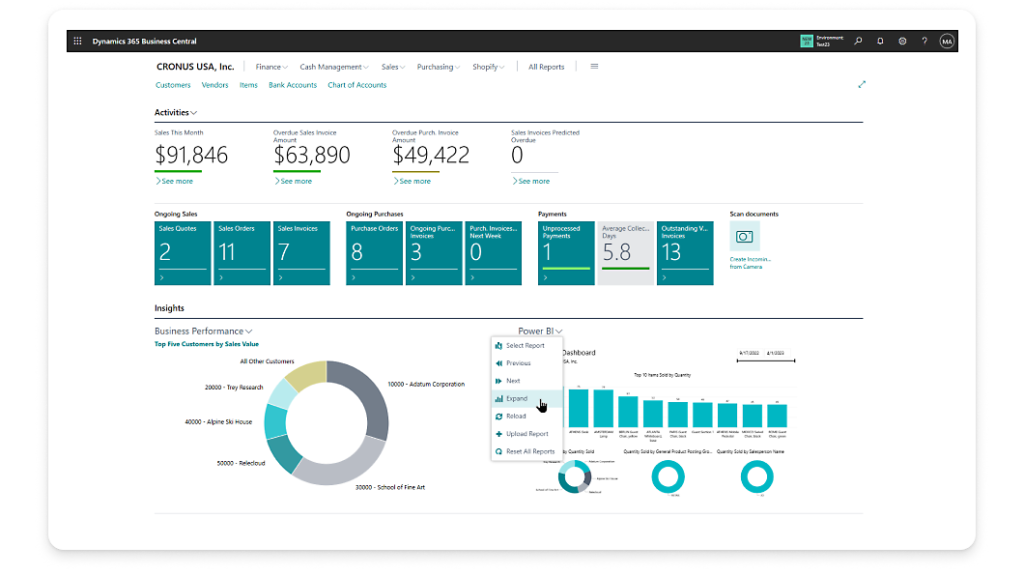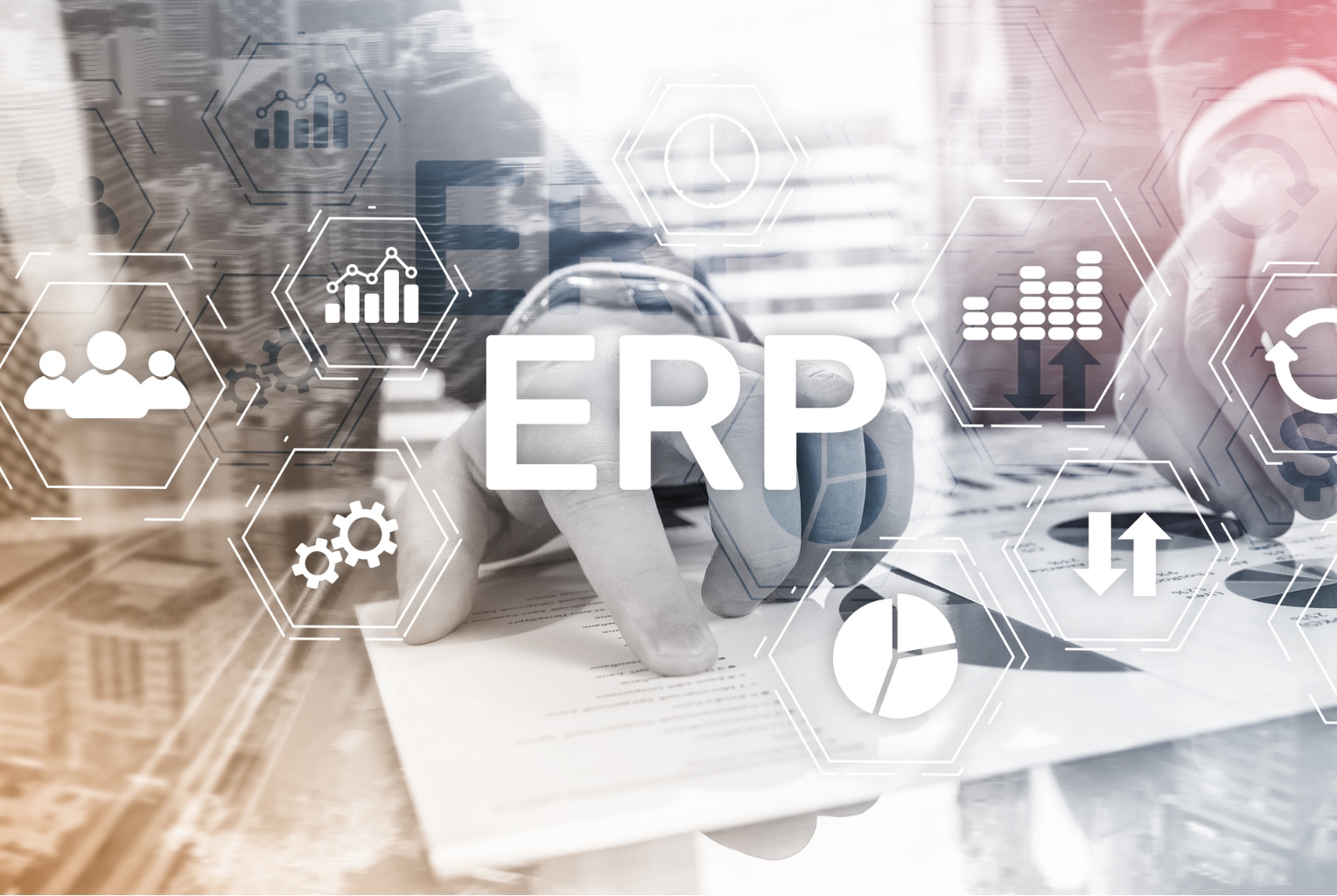An ERP system unifies the different functional areas of your company into a single unit, enables data sharing and supports informed decisions across the enterprise. Let's take a look at the most important aspects you should consider when choosing an Enterprise Resource Planning system to ensure a successful implementation and maximize the benefits to your business.
What is an ERP system and how to choose one?
an ERP system serves as integrated software package, that brings together different business processes such as purchasing, production, inventory management, sales, marketing, distribution and customer relationship management - always exactly what you need. It helps you to work smarter, increasing efficiency and providing better visibility of all business processes.
1. Flexibility and scalability
Choosing the right ERP system should take into account not only your current requirements, but also the future needs of your business. Flexibility and scalability are therefore key features that will ensure the system grows with your business and is able to adapt to change. Otherwise, it could hinder the growth of your business.
2. Compatibility with mobile devices
More and more employees are connecting to work systems via their mobile devices. Support for mobile users is therefore necessary. An ERP system should offer mobile access to important work processes and data from anywhere, anytime. Compatibility not only increases productivity, but also reduces the risk of errors from repeated data entry.
3. ERP system on recommendation
Choosing an ERP system is similar to any other purchase - it's important to collect references. Recommendations from existing customers will give you insight into the whole process of implementation and cooperation with the supplier. Don't just focus on the software, but also on the capabilities of the implementation team and their technical and business knowledge.

4. Tailored to your business
Every area of your business works with certain types of data on a daily basis and doesn't need other information, so to speak. Ease of use and customizable user interface are important aspects to ensure that the right information is presented to the right people at the right time.
5. Costs in the long term
When choosing an ERP system, you should consider the long-term total cost. Take into account the costs of implementation, changes and maintenance of the system. Your ERP system should be set up to reflect the future growth of your business.
When choosing an ERP system consider the above criteria. If you have any doubts, do not hesitate to contact our specialists. We always think conceptually about your situation and look for the optimal solution for your business. Only after fully understanding your business needs will we jointly select the most suitable IT tool or system.

